Sponsored by Veeva

Moderator:
Global leaders from the field of medical devices, diagnostics and digital health will join the discussion and speak openly about the latest trends, challenges and opportunities they are facing.
Moderator:
The session will discuss how value-based innovation procurement contributes to resilient and sustainable healthcare in Catalunya. It will highlight what is needed to reap the benefits of innovative ways of procuring from both a healthcare provider as well as an industry perspective and will also discuss the COVID-19 lessons learned
Moderator:
Digital technology is opening opportunities for all players in the healthcare sector but it also creates specific challenges for medtech companies in particular. In the past, medtech companies typically relied on a highly regulated and lengthy research and development (R&D) phase focused on the launch of an end product. Today, in view of the digital/connected products, in addition to this regulatory framework, there is another challenge, which is the need to navigate the privacy regulations around the world when conducting R&D for software-based solutions. The session aims at discussing this particular privacy thorn in the R&D phase of digital products and brainstorm on potential solutions, ranging from regulatory harmonisation to the development of sector-specific standards or codes of conduct.
Moderator:
Speakers:
The IVD Regulation will fully apply in just 20 days after the MedTech Forum. Is the IVD sector prepared and will all diagnostics remain available to patients and healthcare systems? What are the main challenges for the new system which remain and how can these be addressed? It is expected that most IVDs will still need certification and that many implementation challenges will remain. How can all stakeholders ensure the long-term success of the new regulatory system?
Moderator:
Speakers:
- Catherine HOLZMANN (IVDMD Department Manager, GMED Notified Body)
- Christa COBBAERT (Head of Department of Clinical Chemistry and Laboratory Medicine at LUMC, Leiden; Chair of the European Federation of Laboratory Medicine Task Force on European Regulatory Affairs; Vice-chair of the International Federation of Clinical Chemistry Scientific Division Executive Committee; Chair of the European Federation of Laboratory Medicine Working Group on Test Evaluation, LUMC Leiden University; European Federation of Laboratory Medicine)
- Anna HALLERSTEN (Director and Head Regulatory Policy Europe, Co-Chair MedTech Europe IVD Regulatory Affairs Committee, Roche Diagnostics International Ltd.)
- Carmen RUIZ-VILLAR FERNANDEZ-BRAVO (Head of Medical Devices Department, Spanish Agency for Medicines and Medical Devices (AEMPS))

Digital Innovation is transforming healthcare across the patient journey and ultimately improves patient experiences and outcomes. The policy landscape and practices addressing digital healthcare across Europe is fragmented and changing - both at the hospital, country and regional levels. Key discussions and decisions about data regulation and policy, including common understanding across healthcare ecosystem and within hospitals, taking shape now, will impact how healthcare data is treated and used in the future. To realise a full potential of digital solutions provided by MedTech and enable the use of data along the continuum of care, while respecting all privacy rules, there is a need to tackle real and perceived issues around the data governance . The purpose of the session is to share perspective on data governance challenges from patient’s, policymaker's, provider’s and industry’s perspective as well as to share best practice that can pave the way for more consistent approach and better implementation of solutions that have the power to transform the way that care is delivered.
Moderator:
Speakers:
- Ana CASTELLANOS (Project Manager, Spanish Platform of Patients' Organisations)
- Julio MAYOL (Director of Innovation, Hospital Clinico San Carlos)
- Jordi PIERA JIMÉNEZ (Director of the Digital Health Strategy Office, Catalan Health Service)
- Lisa Ann HILL (Managing Director, Johnson & Johnson MedTech Spain)
The Innovative Health Initiative kicks off in January 2022. The objective of the €2.4 billion IHI partnership is to create an EU-wide health research and innovation ecosystem that facilitates the translation of scientific knowledge into tangible innovations. IHI brings together diverse stakeholders (universities, companies large and small, and other health stakeholders) in collaborative projects that address disease areas where there is a high burden on patients and/or society. In IHI cross-sectoral projects involve the biopharmaceutical, biotechnology and medical technology sectors, including companies active in the digital area.
Moderator:
Speakers:
- Peter SCHROEER (Director Europe, Quality Systems & Regulatory Affairs, Johnson & Johnson)
- Christoph MOORE (Senior Manager Portfolio, Strategy & Alliances, Medical Science Liaison & Grant Office / Staff Office EMEA, Fresenius Medical Care)
- Matthias MÜLLENBORN (Vice President Study Programmes, Patients & Partnerships, Global Chief Medical Office, NovoNordisk)
- Philippe CLEUZIAT (Senior Director, R&D Department, Open innovation & partnerships, bioMérieux)
- Fanny VAN DER LOO (Director Public Affairs | Edwards Lifesciences | Health | EU | EMEA | CAN | LATAM, Edwards Lifescience)
The European Health Data Space reflects a compelling vision to integrate Europe’s national and regional health data systems. It has also put Europe’s national and regional health systems on the spot, and shown that there are significant variations in digitalisation as well as untapped data reservoirs and potentials for data transfers and use. This session will focus on the “nuts and bolts” of data use and re-use, and explore the efforts and resources still required to make the EHDS a reality.
Moderator:
Following several years of impasse, the member states - supported by the European Commission- proposed a new law, now accepted by the three European institutions. Driven by the member states and financed by the European Commision, joint work will be done on methodologies, scientific advice and assessments defined in an annual workplan. This new regulation will recognise the specificity of medical technologies and a dedicated governance is expected, but implementation over the next 3 years will define the true impact. The MedTech Forum Panel discussion brings together representatives of member states, of the newly formed heads of agencies group involved in HTA, of the European Commission, of the medical technology industry, and of patients to provide insight of the current line of thinking on what to expect in coming years of activities under this new regulation. A preferred way forward by MedTech Europe members will also be shared.
Moderator:
Speakers:
- Flora GIORGIO (Acting Head of Unit of DG Sante D3, European Commission)
- Piedad FERRE DE LA PEÑA (Technical Advisor, Subdirectorate General for the SNS Services Portfolio and Compensation Funds, Ministry of Health, Spain)
- Andrea RAPPAGLIOSI (Senior Vice-President Public Affairs, EMEA, Canada and LATAM, Edwards LifeSciences)
- Olaf WINKLER (BV Med)
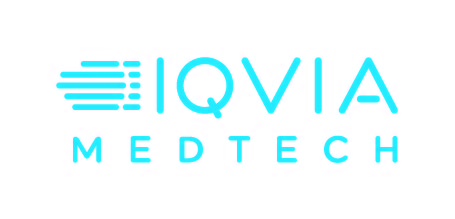
Healthcare across the world has been challenged and transformed in multiple ways by the covid pandemic. The efficiency, resilience and capacity for innovation of healthcare ecosystems have been put to the test. The efficiency and throughput, the time needed for innovation and a need to increase robustness (e.g. of procurement, funding, treatment quality) of healthcare providers can seemingly be in opposition to each other. How can MedTech industry help maximize across all dimensions? In this session we will 1) position MedTech as a catalyst for sustainable change in healthcare, 2) identify how medical technologies can help “create time” for innovation while increasing efficiency and resilience of healthcare and 3) identify prerequisites for a successful translation of innovation into value for healthcare systems. We will focus on cutting-edge digital technologies and brainstorm about how they will impact healthcare. We shall address the following questions: How do medical technologies help increase both robustness and throughput of healthcare systems? What digital technologies can be expected to contribute most? What type of innovation with focus on efficiency and resilience in the primary care setting - can be facilitated by MedTech? How can public and private stakeholders work together to build future-proof digital healthcare infrastructure? What will that future look like across all stakeholders?

Speakers:
- Götz GERECKE (Managing Director and Senior Partner, BCG)
- Elia TZIAMBAZIS (Europe, Middle East & South America Lead for Climate & Sustainability in Healthcare, Managing Director & Partner, The Boston Consulting Group)
- Katharina TILLMANNS (Head of Sustainability, Sartorius)
- Charline WURZER (Central Europe Lead for Climate & Sustainability in Healthcare, Partner, The Boston Consulting Group)

With rapidly evolving regulatory and market demands, compliance teams are constantly under pressure to do more with less, requiring a fundamental shift in operations, systems, and processes. So what is the current state of regulatory modernization across the industry? A recent survey of nearly 100 global device and diagnostics organizations gathered insights to understand better the industry’s progress towards unifying regulatory operations. The results yield interesting insights. While 56 percent of global medtech companies have begun modernizing regulatory operations, the industry is behind in digital transformation compared to the life sciences industry overall. In most areas, we still see medtech companies using manual processes, disconnected data, and siloed systems that are neither scalable nor flexible. During this presentation we will share the key findings and discuss perspectives with industry leaders, as well as providing recommendations for modernizing and transforming regulatory to ensure compliance and increase speed to market.

Regulations are increasing, supply chains are stressed – yet the healthcare industry delivered at unprecedented speed and scale during the pandemic.
We will discuss how Virtual Twins can boost your product development cycles whilst ensuring highest quality – cost effectively.
Virtual Twin close the loop from design to engineering, they connect requirements to the systems under development and thus support your validation and quality control through traceability as well as virtual testing. Virtual Twin allow you to manage the complexity associated with new product features that are driven by digital and data.
We will show how we not only facilitate multi-physics simulations of your products, but also how we can include patients using some of our technology.
You will learn about
. Reducing Device Development Time and Cost by systematically adopting Virtual Testing in place of Physical Testing
. Expanding Innovation Bandwidth using Process Automation and Democratization to empower experts and non-experts alike
. Improving Device Safety and Effectiveness by assessing device performance with realistic validated Virtual Human models
. Meeting all Performance, Quality, and Compliance Requirements using a Model-Based Systems Engineering approach
. Reducing Risk of Expensive Late-Stage Design Modification through visibility to all the right data at the right time
. Optimizing Component Sourcing and Streamline New Part Introduction using Standard Component Management

The role of Med Tech in advanced therapeutic drug/device combination products and how Med Tech can play a pivotal role in commercial success. There is a need for companies developing advance therapies that require a device/ procedure for administration to deal with the logistics, physician engagement/training and support necessary to minimize disruption. How does Med Tech become a partner-of-choice? How do you scale globally?
Today it is already possible to register your company, economic operators and your products in the new centralised EU medical devices database, EUDAMED. However, EUDAMED exists today together with scattered national databases. It can be costly and confusing for manufacturers and other economic operators to navigate the EU 26 countries’ national notification and registration rules. What is the situation? Is there a solution and a possible way forward?
Moderator:
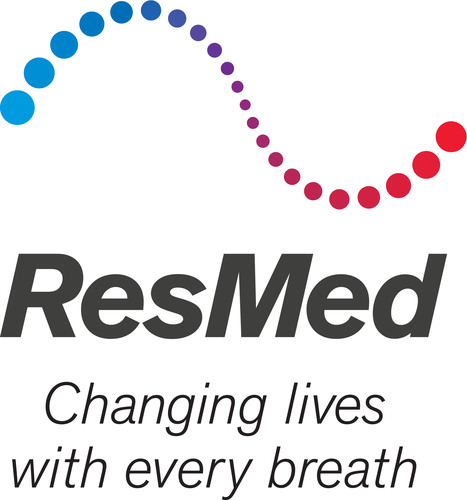
As hospitals and healthcare systems are grappling with the challenges of the Covid19 pandemic including workforce burnout, patient backlogs and resource shortages, the pandemic has also shown a way out: going digital. This session showcases how better use of health data in digital health solutions are essential for healthcare systems to address these challenges. Improved access and use of health data can assist healthcare professionals, empower patients and citizens, address economic challenges and help with prevention, diagnosis, management and therapy of diseases, thus driving productivity and efficiency, and improving outcomes and patients’ quality of life. If there is a silver lining in the pandemic, it could be a legacy of embracing data use and digital health.
Moderator:
Speakers:
- Piet-Heijn VAN MECHELEN (Honorary Chairman of Dutch Apnea Association (ApneuVereniging) policy advisor and international representative, Dutch Apnea Association (ApneuVereniging))
- Janne RASMUSSEN (Manager, MedCom)
- Andrew HUXTER (VP Northern Europe & Growth Markets EMEA, ResMed)
- Tapani PIHA (Special adviser at SITRA (Finnish innovation fund), with the Ministry of Social Afffairs & Health, and FIPRA International, SITRA)
The aim of the Recovery and Resilience Facility is to mitigate the economic and social impact of the coronavirus pandemic and make European economies and societies more sustainable, resilient and better prepared for the challenges and opportunities of the green and digital transitions. But how does it work? who is proposing? who is deciding? how medtech companies can access to it? come and listen to some practical national examples.
Moderator:
Speakers:
- Luis CAMPO (President & CEO Iberia GE Healthcare, GE Healthcare)
- Sharon HIGGINS (Executive Director, Membership and Sectors, IBEC)
- Gonzalo ARÉVALO (DG for Research Planification, Ministry of Science and Innovation)
- Jakob WEGENER FRIIS (Deputy Head of Cabinet, Cabinet Gentiloni, Commissioner for Economy, European Commission)
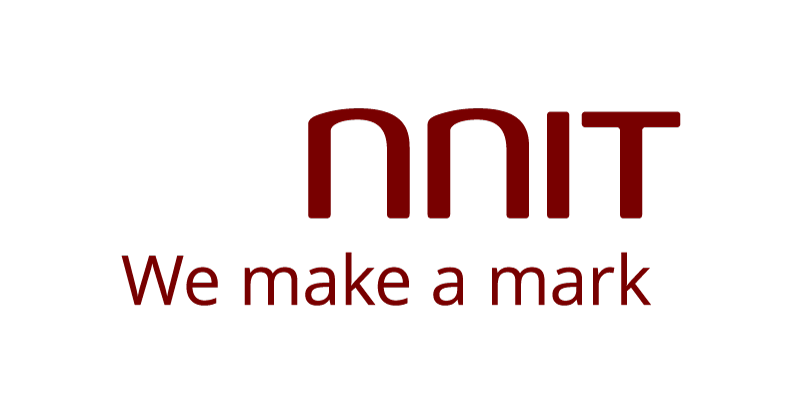
With the concurrent challenges of resource-intensive requirements,
life-cycle management and investment pressure the need for digital
transformation of RA, Quality, Clinical and Safety is inevitable and cannot be
ignored. You can't afford costly mistakes and
loss of data.
When viewing the digital transformation from a business perspective, it becomes
evident that you can take ownership of your data and enable the realization of
business value through emerging technologies such as Artificial Intelligence
and Machine Learning and implementation of solutions supporting further growth.
This emphasizes the need for a clear strategic direction to steer the whole
organization through the change journey of digital transformation.
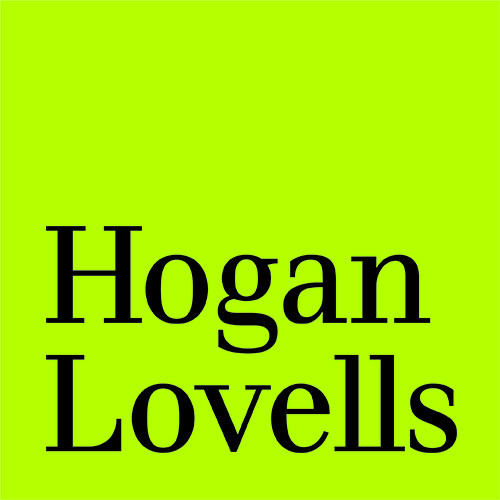
The purpose of this session would be to discuss best practices for dealing with potential obstacles during the conformity assessment procedure: e.g. disagreement with the notified body, delay in the review, lack of information from the notified body on the status of the application, insufficient clinical evidence to support a specific indication, gap in certification between MDD and MDR. Practical ways to deal with these obstacles will be discussed.
Speaker:

In this session expert and participants will review the regulatory status quo for AI medical devices, identify current problems to certify self-learning or black box AI and explore potential pathways. The session will also discuss where the journey is heading in the future in terms of the coming EU Artificial Intelligence Act.
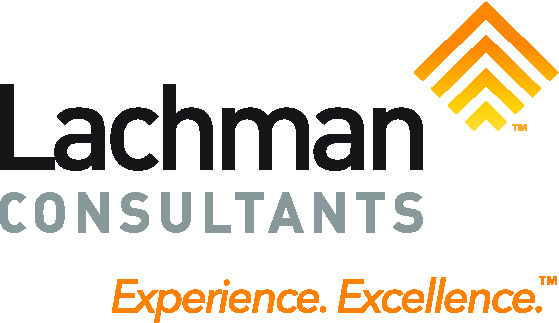
The US Food and Drug Administration published their much-anticipated proposed rule (PR) to amend the Quality System Regulation (QSR) (21 CFR Part 820) on 2/23/2022, after four years in the works. This proposed rule does not only impact US manufacturers but all manufacturers with product in the US market.
FDA argues that the amendment to the QSR will result in bringing new medical devices to the market more quickly and reduce the burden on medical device providers by creating a single quality system structure for those already adhering to both ISO 13485 and Part 820.
The PR plans to adopt ISO 13485 by reference. FDA provides a table in the PR indicating where it believes that ISO and the current requirements under Part 820 are substantially similar. The proposal includes maintaining some aspects of 820 and ISO, obsoletion, addition, clarification, and revision.
This discussion will include understanding the nuances of the PR, how the final rule will and will not change FDA’s inspection activities and programs and highlight how manufacturers in the US market already will need to adjust should the PR be made final. This is also a great opportunity for those who are not in the US market but plan to enter to understand the current mindset of FDA in medical device regulation
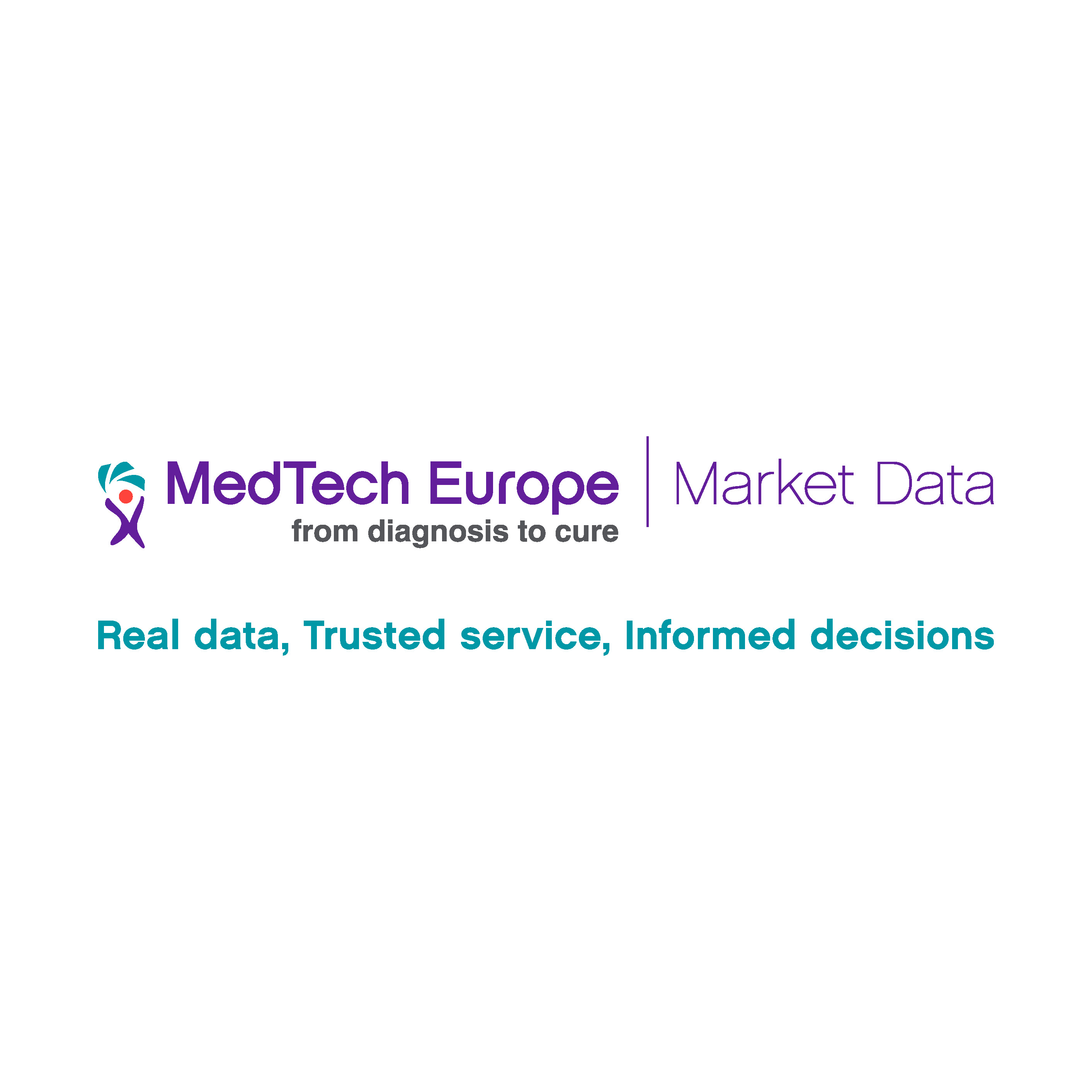
Information is power. Medical technology companies need to stay on top of the latest trends impacting their business. Informed decisions require up-to-date market data from a trusted service.
MedTech Europe's Market Data experts deliver unrivalled information, tailored to companies' portfolio and geographic needs. In this session you will discover the gold standard of market size, share and dynamics information for the medical devices and in-vitro diagnostics industry.
#MoveYourInnovation session is dedicated to those who are contemplating innovation and want to understand how they can contribute, innovate through the advice and examples of those already onto the rollercoaster and enjoying the ups and the downs of innovation journey. #Join us!
Moderator:
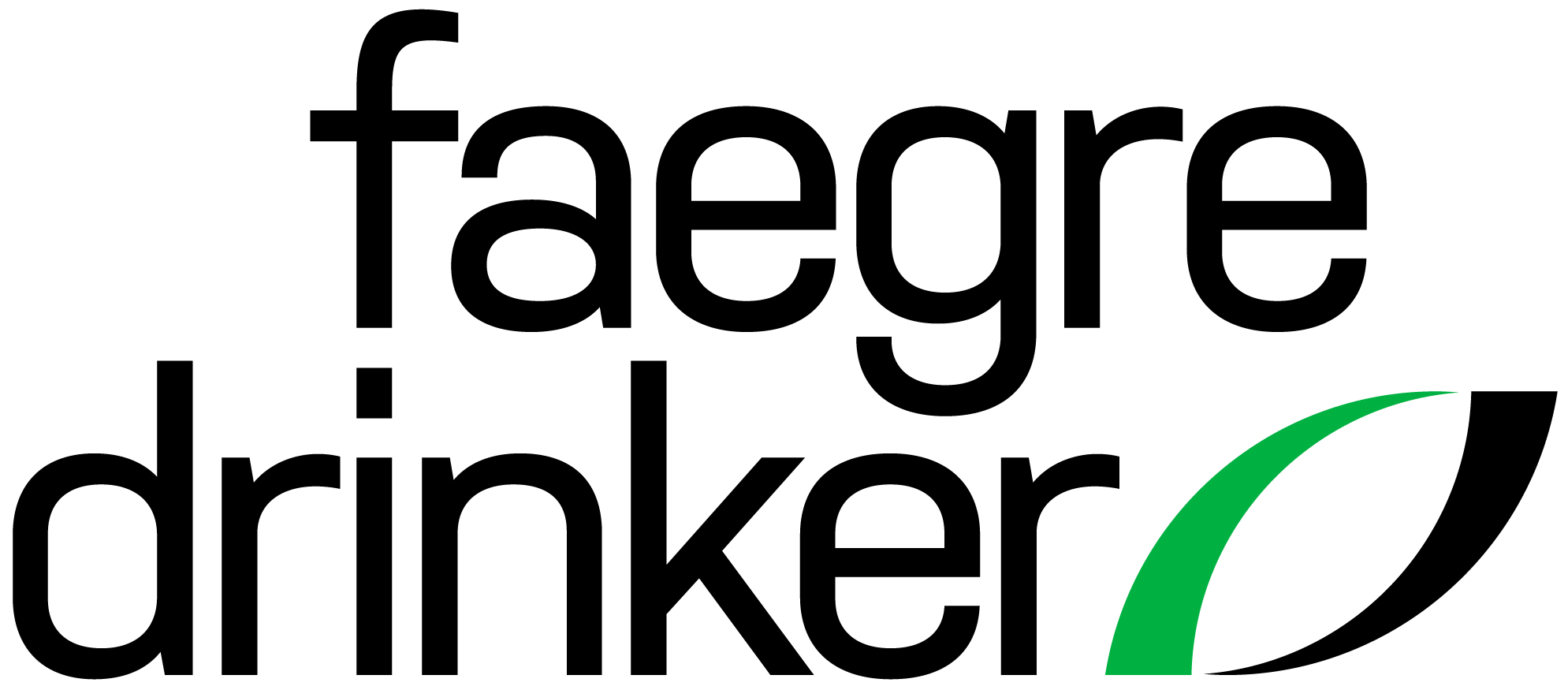
This session is structured as follows:
- Discuss the evolution of Product Liability in the medtech space in the
EU, as illuminated by US developments and practice trends as points of
comparison (10 minutes);
- Set the table with the current proposals and discussion points of the
European Commission (10 minutes);
- Open discussion with the panel to explore on the following (30
minutes):
- Considerations and questions regarding the Product Liability Directive
in the EU;The new EU Collective Redress Directive on Consumer Class
actions, its implementation in EU Member States, and interplay with
GDPR;
- Upcoming European product safety regulation, as well as how MDR &
IVDR are addressing liability issues;
- Implications for various member states, each with their own laws,
interpretations, and implementation strategies;
- Discovery in the US as it compares to EU and proposed regulations in
the EU;
- Lessons learned from mass torts and class actions in the US, and past
rulings of the European Court of Justice; and
- Other related topics, such as the interplay of liability-related
considerations with artificial intelligence in the EU.
Moderator:
Medical devices label contains information targeted at the user to help communicate key information for safe and effective use of the device. Increasingly, regulators mandate local country information e.g., importers, to be added to product’s label. Changes to labelling are often not only costly but they can be challenging to implement from a practical perspective. Greater efforts to promote a harmonised approach to medical devices labelling are needed. This session is going to explore various perspectives touching on what are the principles of medical devices’ labelling, what information is key to be on the medical device’s label, why are updates to product label’s difficult to implement, and what can be done to promote harmonisation of labelling requirements at the global level.
Moderator:
This panel discussion will focus on how the industry is working to improve the sustainability performance of healthcare products. Speakers invited will talk about their experience and open the discussion on limits and obstacles encountered on their sustainability journey. The panel offers a unique opportunity to exchange ideas with industry experts throughout the value chain.
Moderator:
Global leaders from the field of medical devices, diagnostics and digital health will join the discussion and speak openly about the latest trends, challenges and opportunities they are facing.
Moderator:
Supported by Olympus

Join us live – onsite or online – and watch the news of the day. The MedTech Forum main moderator will be joined on stage by several speakers to run you through the highlights of the programme.
Moderator:
Medical technologies have played a crucial role in the management of the COVID19 pandemic, through the provision of personal protective equipment, diagnostics tests, respiratory support equipment as well as injectables for vaccines. Companies worked around the clock to adapt to multiple production and distribution challenges, with high costs. What practices have medtech companies introduced and incorporated? A second lesson from these past two years is that pandemic preparedness is a crucial pillar of public health policies. Infectious disease threats know no borders, and dangerous pathogens that circulate are a risk everywhere. Europe must be better prepared to predict, prevent, detect, assess and effectively respond to pandemics in a highly coordinated fashion. To this end, the European landscape has significantly changed, with for example the introduction of a new Authority for Public health Emergency Preparedness and Response (HERA), as well as new roles for EMA and the ECDC. What did our sector learn from this crisis? Does the EU now have fully fit structures and instruments for the future? In short, is Europe ready for the next pandemic?
Moderator:
Speakers:

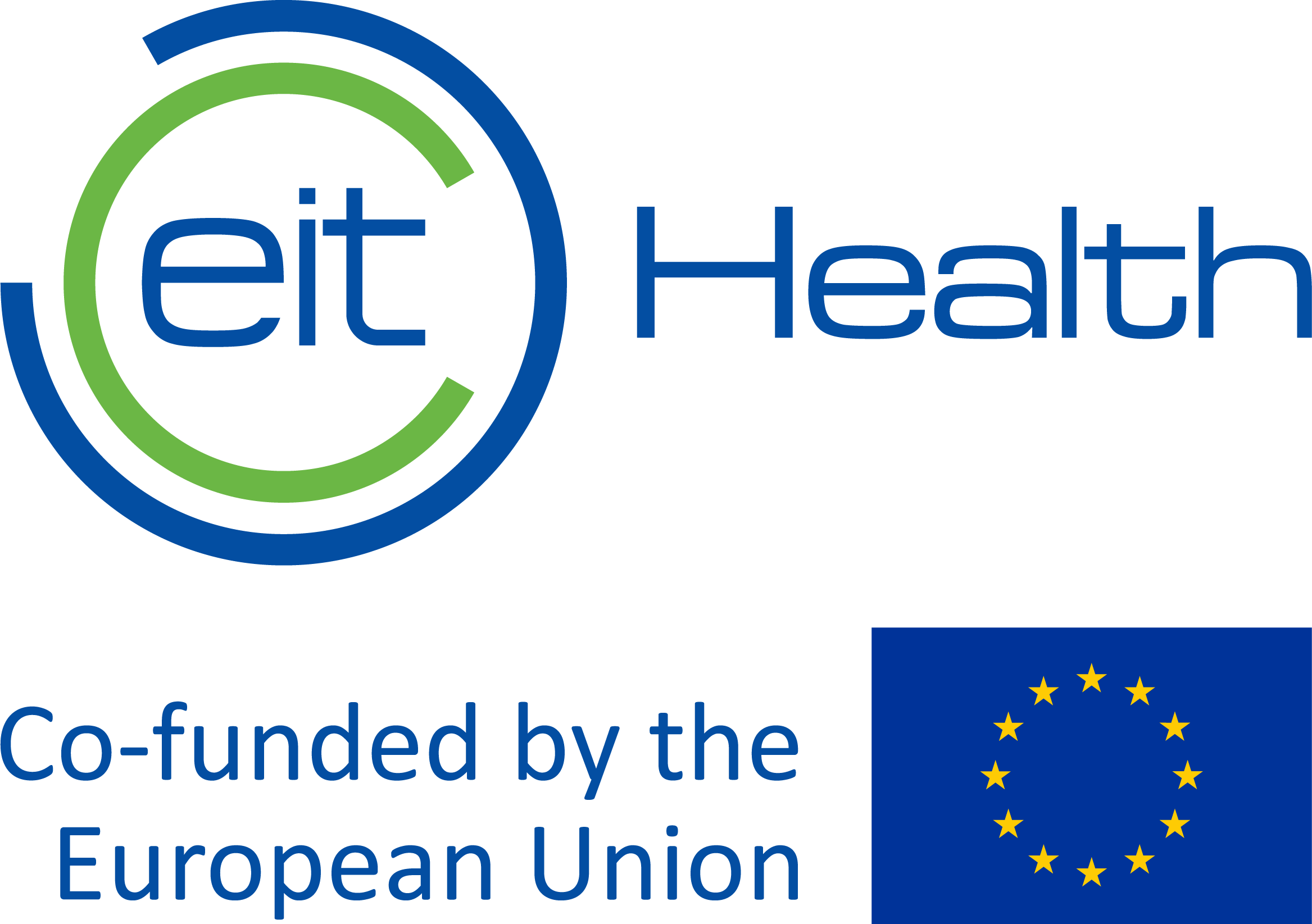
co-Hosted by EIT Health
Funding and reimbursement of digital health technologies have been a critical barrier to their adoption. Some European countries and regions have broken new ground in developing dedicated funding programmes to support digital health innovation, often starting in the domain of personal connected health or mHealth. How can fragmentation be avoided? This session convenes digital health policymakers from several European countries to discuss the potential and limits of European coordination.
Moderator:
Speakers:
The discussion in this session will focus on how codes of conduct, in particular in medtech, are evolving and how trade associations can further support companies in the compliance journey, for example with the development of specific standards to make the principles being translated into companies practices, in particular for smaller companies that do not necessarily have the necessary resources.
Moderator:
This session aims at highlighting the critical role international data transfers play in healthcare, review the current legal landscape, and discuss possible pathways forward. Globally, data localization has become a significant trend, with important consequences for the medtech industry. The discussion will start by briefly outlining the concerns of various stakeholders and the rationale for many of these localization requirements. Then it will focus on how cross border data flows, particularly in an era of digital health and telemedicine, advance patient care, and how they contribute to research, eliminating bias, monitoring device performance, and in a broader sense advancing medicine in the digital age. While specific new European legal initiatives aim to create better conditions for cross-border health data flows within Europe, transfers between Europe and other jurisdictions are fundamentally necessary to carry out appropriate and high-quality research, safety monitoring, and digitally supported patient care and treatment. The panel will then brainstorm on how to overcome broadly framed transfer restrictions.
Moderator:
Moderator:
Medical technologies powered by artificial intelligence and machine learning can save lives, generate efficiencies, and help address the crisis in the healthcare workforce. But for it to be accepted and trusted by citizens, patients and healthcare systems alike, it needs to be appropriately regulated. This session will explore paths to regulating AI in different regions of the world.
Moderator:
In May 2022, the Medical Devices Regulation (MDR) will have been in full application for almost one year. Despite the COVID-19 pandemic, some positive progress was achieved however today the slow and piecemeal MDR implementation is still seriously holding back industry and other stakeholders to complete transition in a timely fashion. In this session, current and foreseen challenges will be analysed with a view to discuss and suggest ways on how to best solve them.
Moderator:
Speakers:
- Anna Eva AMPELAS (Head of Unit - SANTE.DDG1.B.6, European Commission - Directorate General for Health and Food Safety - Medical devices, Health Technology Assessment)
- Graeme TUNBRIDGE (SVP Global Regulatory and Quality, Medical Device, BSI Group (Notified Body))
- Thierry SIRDEY (Competent Authority for Medical Devices (CAMD) - Executive Committee Co-Chair, CAMD)
- Li FELLÄNDER-TSAI (EFORT President 2021/2022, EFORT)

This session aims to demonstrate that patient groups can make a difference in improving the conditions for patients within healthcare systems and that the MedTech industry has a role and a responsibility to support this. Yet, patient advocacy is still a relatively new area within the MedTech sector and our industry can learn a lot from the pharmaceutical world and patient groups. The panelists in this session, who stem from varied backgrounds, will provide concrete examples to showcase what we can do collectively to lead the way in independent patient advocacy.
Moderator:
Considering the challenges on the way to more sustainable healthcare in a context of growing societal expectations, how can the medical technology sector overcome obstacles identified on its journey to improve its sustainability performance? The speakers will focus on how technologies can overcome some of the obstacles currently faced by the healthcare sector to achieve more ?safe and sustainable chemicals and materials by design?. They will also make recommendations to the medical technology industry for improving their record.
Moderator:
The environment for accessing the European market is now changing very significantly and rapidly. The implementation of the new Medical Device and In Vitor Diagnostics regulations, the GDPR regulation, the HTA EU cooperation regulation, Brexit, are among some of the critical changes which are potentially transforming the attractiveness of the European market. Some say Europe is or will shortly become the last place to introduce innovation in the world while a few years ago it was the first place to benefit from innovations. Nevertheless, Europe continues to offer an area of the world with the biggest demand for Medical Technologies with a population of over 400 million, an ageing population, skillful and strongly educated healthcare actors, engineers, chemists, social medicine with access for most and still strong economies with high purchasing powers. The panel will discuss and balance the growing challenges of access to the European market vs it still demand attractiveness. Conclusions might quite surprising.
Moderator:
As seen from Europe, there is an abysm between medtech companies and start-ups to perform R&I together. But both types of companies can meet and actively interact together at the regional and local scale which is more favourable for practical interactions. A roundtable will put together panellists representing key stakeholders like start-ups, global companies, healthcare organisations, investors, and public administration, will introduce: successful initiatives, identify critical factors, good practices, and investments for successful R&I.
Moderator:
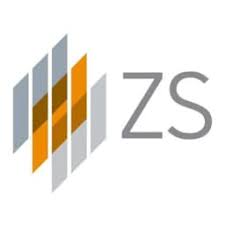
The session will highlight how to think about, and execute on, a portfolio by focusing on key elements medical technology companies need to get right: thinking holistically about devices, software, and data along the patient journey; mapping out routes to market; proving value and having an organisational design that supports a digital health portfolio.
Moderator:

Business sustainability has become a strategic imperative in MedTech, driven by pressure across stakeholders. Despite this, MedTech's ESG rating is lower than almost all other industries. Unlocking value creation requires assessing sustainability performance across metrics that matter and embedding them in the Company DNA. Today we will explore the trends in this space and where we have seen leaders in MedTech forge the sustainability path forward.

Ensuring accurate data and meeting industry code and legal requirements across countries is key to MedTech business. Having all HCP and HCO spend in a single repository provides companies added value beyond transparency obligations and provides an effective means to improve transparency operations, compliance audits and monitoring.

Speaker:

With sustainability high on everyone’s agenda, the move toward circularity is inevitable. But what does it mean for the MedTech sector? From the value chain challenges & opportunities to the impact of the regulatory environment, and insights into the application of circular business models, we will explore aspects of circularity in MedTech.
Speakers:
- Pieter SAUWENS (Director, Strategy, Analytics and M&A, Monitor Deloitte Belgium)
- Carlo GIARDINETTI (Consulting Sustainability lead, Deloitte Switzerland)
- Javier COLAS FUSTERO (Industry speaker)
- Michel DE RIDDER (Partner, Quality and Compliance, Deloitte Risk Advisory Belgium)
- Aline LAUTENBERG (General Counsel - Director Legal & Compliance, MedTech Europe Belgium)
- Ramon MASPONS BOSCH (Chief Innovation Officer, Agency for Health Quality and Assessment of Catalonia (AQUAS))
Global leaders from the field of medical devices, diagnostics and digital health will join the discussion and speak openly about the latest trends, challenges and opportunities they are facing.
Moderator:
Supported by Olympus

Join us live – onsite or online – and watch the news of the day. The MedTech Forum main moderator will be joined on stage by several speakers to run you through the highlights of the programme.
Moderator:
Moderator: